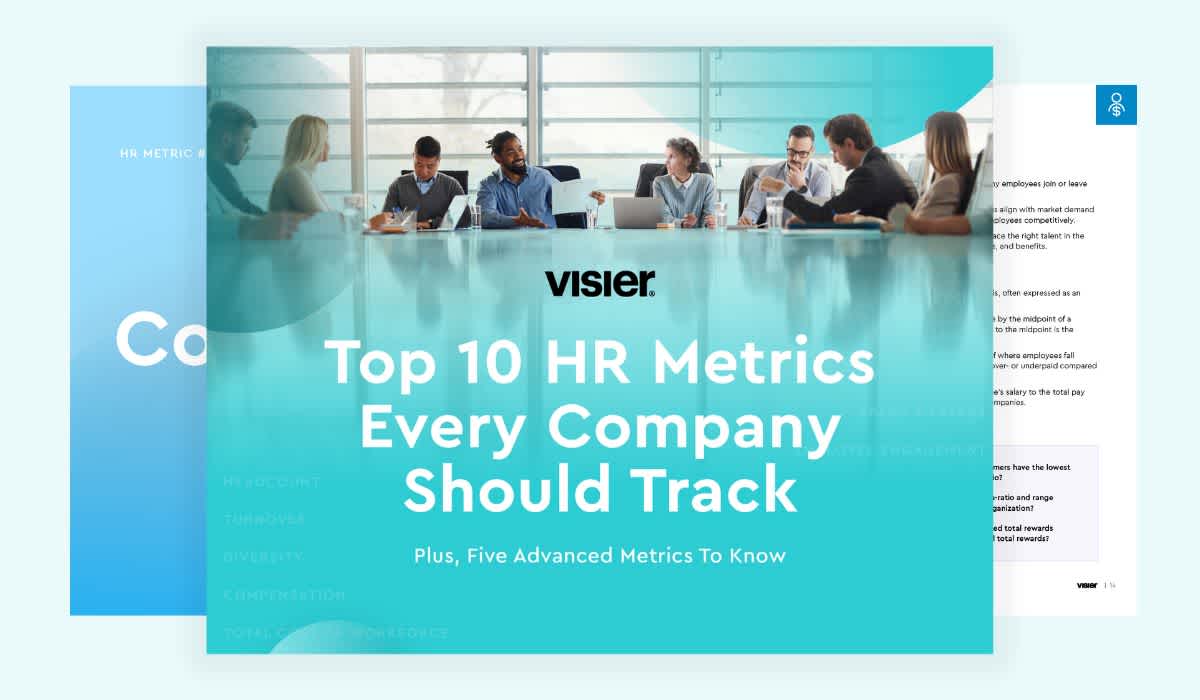What Is HR Benchmarking?
HR benchmarking is the process of analyzing data to compare your business performance versus competitors and your industry. Learn more.

HR benchmarking involves seeking and using comparative data—from the company, between organizations, or within a specific industry or sector—to assess a wide range of organizational performance metrics. It’s a means of comparing your company’s HR performance to other organizations to see if you are performing at, under, or greater than others.
What is the purpose of HR benchmarking?
Benchmarking is an important tool for process improvement. It provides information to indicate where companies may need to exert additional effort or assign additional resources to improve their HR performance.
HR benchmarking provides accurate, reliable, and timely data to help companies, and their HR advisors, determine where they may have opportunities for improvement, or where they may be exhibiting best practice-level performance.
How is benchmarking applied in HR?
Benchmarking can be used to explore a variety of performance levels in HR—from time to hire, to salary levels, DEI levels, and more. Visier's HR Benchmarks API, for example, provides access to proprietary sources of data covering millions of actual job functions. This ensures that customers constantly have access to accurate, relevant benchmarks.
Visier has identified the Top 10 essential HR metrics to watch, including: headcount, turnover, diversity, total cost of the workforce (TCOW), compensation, spans and layers, employee engagement, talent acquisition, learning, and workforce planning.
What are the steps in HR benchmarking?
The steps in HR benchmarking include:
Identifying what to benchmark.
Gathering data for comparison.
Analyzing the data to compare your metrics with industry standards or best practices.
Identifying opportunities for improvement.
Implementing changes.
Reviewing and refining for continuous improvement.
This process can be time-consuming and heavily administrative. Technology can help expedite and improve the process to ensure both timeliness and accuracy.
What role can technology play in HR benchmarking?
Technology can enhance the HR benchmarking process by providing more dynamic, accurate, and real-time insights across large data sets. The use of predictive analytics can help HR leaders create models to predict how future performance may impact HR-related outcomes as performance improves. Visier can help.


